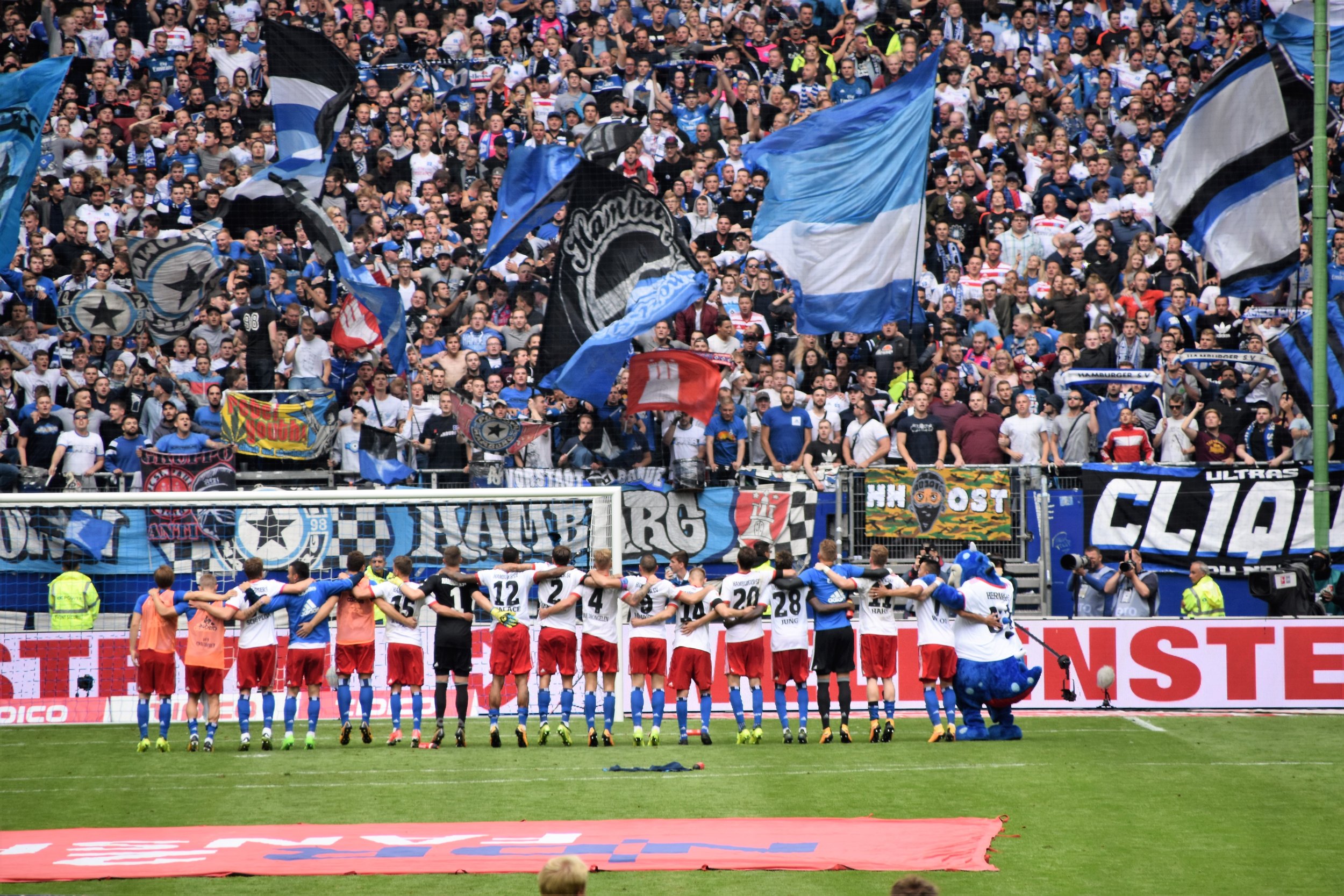Getting Fans Right
By Eliot Salandy Brown, Mads Holme and Charlotte Vangsgaard
How getting fans wrong led to chaos in European football, and what we have learned about getting fans right.
On the 20th of April traffic in Chelsea, London, ground to a halt as thousands of fans came from across the city to protest an “ultimate betrayal” by the owners of the football club they love. Furious, they surrounded the Chelsea Football Club (CFC) grounds shouting for the owners to stand down immediately, holding hurriedly fashioned placards saying “RIP CFC” and “Football belongs to us, not you”.
Furious protest also erupted around the stadiums of five of England’s other great clubs - Manchester United, Manchester City, Liverpool, Arsenal and Tottenham Hotspur. ReD Associates observers in England report that this single topic is dominating news outlets, family dinners and pub conversations in a way that hasn’t been seen since Brexit. The difference to Brexit is that everyone is in agreement, the clubs messed up, and badly.
So what did these football clubs do to enrage the nation? At lunchtime on the 19th of April it was reported that 12 clubs from England, Spain and Italy intended to play in a new European Super League (ESL). By the end of the same day fans had united in their opposition, mostly aimed at a specific feature of the ESL proposal - the 12 clubs would never have to forfeit their places in the league, no matter how well or poorly they performed. Clubs would not be “relegated” to outside the league if they consistently lost, and clubs from the outside could never be “promoted” to enter, even if they consistently won.
This feature is at the heart of the fury, and it all stems from the owners of these multi-billion pound businesses failing to understand their fans - some of the most loyal supporters a business or a brand could ever wish for. A football league in which no club can get “relegated" or “promoted” is fundamentally incompatible with the values of the fans who love the sport. British football has its roots in class culture, and many football clubs represent the values of proud workers. The history of Liverpool FC for example is one and the same as the history of its docks, shipyards, factories and markets. The origins of the club can be traced back to the Liverpool Mayor creating Stanley Park in 1870 for dock workers to play team sports after their shifts (see source 1 below). The culture of those proud workers is baked into the values and culture of football for Liverpool fans today. A central value shared by most British working people is “fairness”, “you get what you work for”. A league in which no club can get “relegated" or “promoted” is the opposite of fair. And this is the “ultimate betrayal”: fans feel that by signing up to the ESL the clubs’ owners have fundamentally rejected and undermined their values and culture.
Over the years ReD has studied the symbiotic relationship between fans and their clubs in football, hockey and basketball. Here are three things we have learned. We hope other sports clubs will find these useful before considering building a new league.
1. Fans want to belong and experience collective emotions
Photo by Waldemar Brandt on Unsplash
Fandom offers a way to connect, get close and strengthen bonds with friends, neighbours and communities. Even when people watch games solo it remains a collective experience that creates a sense of belonging to a larger community. Powerful sporting narratives like glory and defeat pull people in, creating emotions that bind fans to fans and fans to teams and enable them to stand strong together against the enemies they detest. The more sports teams make the fan experience about belonging, and create powerful binding emotional narratives, the bigger their following becomes.
2. Being a fan turns the hierarchies of normal life upside down
Photo by Nathan Rogers on Unsplash
Communities of fans have an internal hierarchy that rewards noble behaviours and values that are often unrewarded in normal life. Inside fan communities it is time, devotion and familiarity that build prestige in the group, unlike in wider society where money and power rule. This devotion leads to fans seeingthemselves and their values in their team. The better clubs understand the values of their fan base and how to represent them, the deeper and more committed their fan base becomes.
3. Fans don’t mind their clubs making lots of cash
Photo by Edgar Chaparro on Unsplash
Fans want their clubs to win and understand that cash helps, a lot. They are not against clubs charging them proper money, being owned by Russian Oligarchs, fighting for more TV revenue, or generally acting like businesses… as long as it does not contradict the fans’ values. However clubs loose their core fans quickly when owners act on other values – especially those of the wealthy elite. For any club this can be the beginning of the end. Without core fans teams loose their souls and what keeps them honest. And without soul sports becomes just another form of entertainment. The better clubs can find ways to be aggressively commercial in a way that compliments fans’ values, the stronger their businesses become.
On the 21st of April, after understanding that they had got fans wrong by supporting the ESL proposal, the owners of Manchester United wrote an open letter apologizing for failing “to show enough respect for its deep-rooted traditions […] Manchester United has a rich heritage and we recognise our responsibility to live up to its great traditions and values” (see source 2 below). This sounds much more like getting fans right. But with calls for them to leave the club getting louder from their fans, it may be too little understanding too late.
Sources
[Banner image by Fikri Rasyid, via Unsplash]



